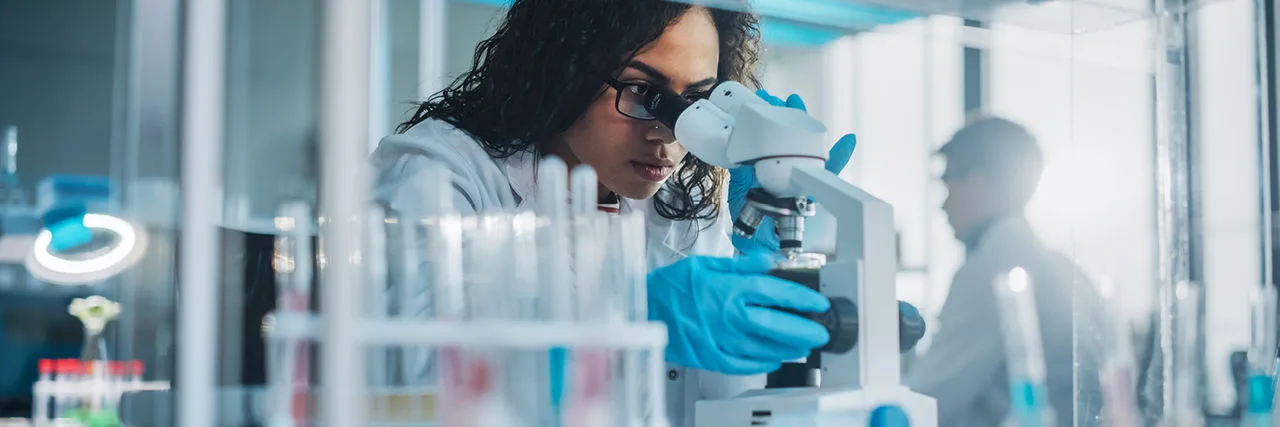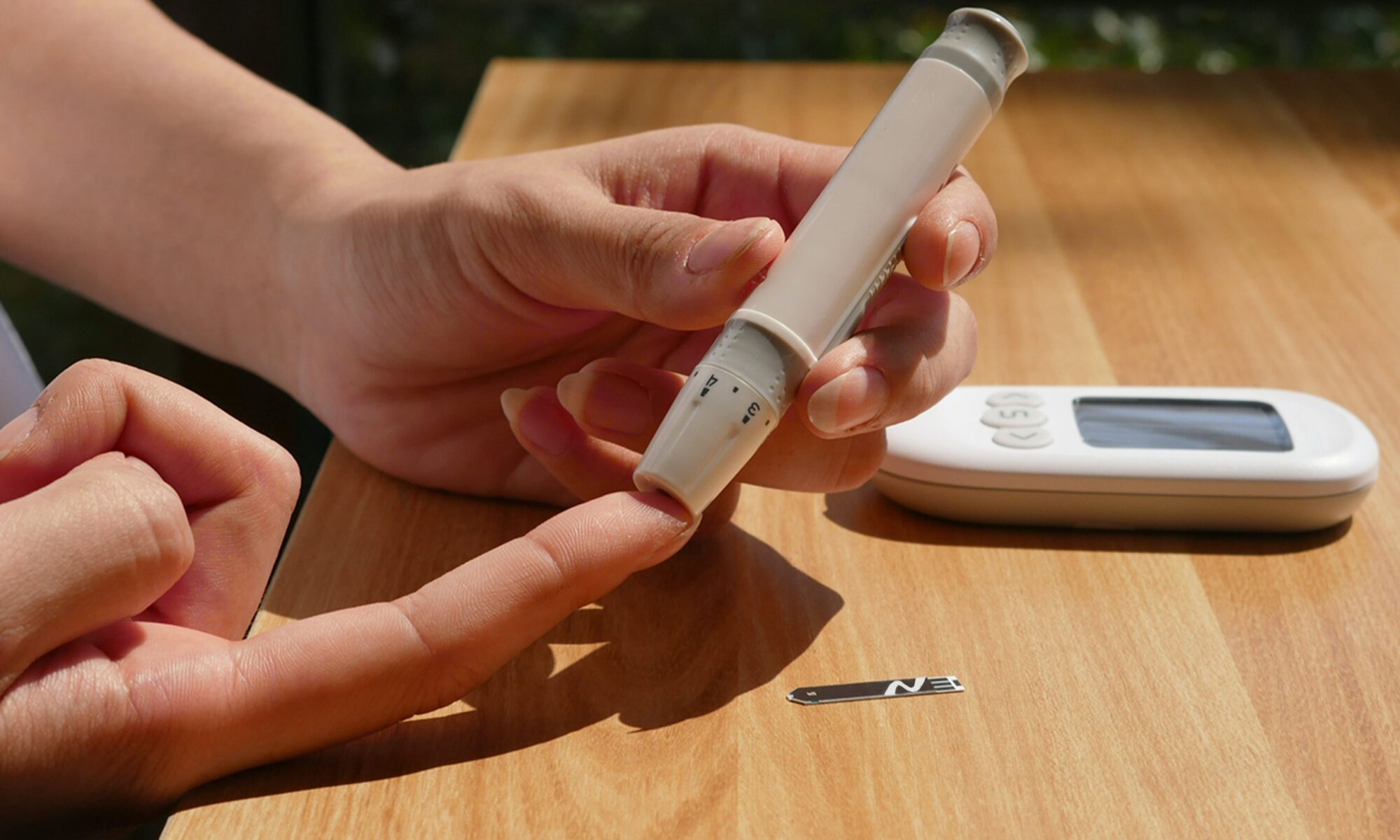Scientists have been exploring many options for treating and potentially curing type 1 diabetes (T1D) in recent years. From examining the role of gut cells to creating an artificial pancreas, the studies have been diverse. Some challenges that they have faced are undesirable side effects, short-term effects, the need for immune suppression, and continued destruction of insulin-producing cells.
However, Semma Therapeutics recently secured $114 million in Series B financing to move forward with a program using encapsulated stem cell-derived islets to treat and potentially cure T1D. This financing was made possible through investments from multiple partners and investors. It will be used to advance the stem-cell derived therapy through clinical proof-of-concept in patients.
The technology and processes used by Semma have the ability to create billions of insulin-producing beta cells that perform in the same way these cells do when naturally produced by the body. However, these cells are combined with an innovative cell delivery technology that protects them from being destroyed by the body’s immune system. Ideally, this would enable them to continue regulating blood sugar while reducing the risk of complications and the need for constant blood sugar monitoring and insulin injections.
According to Semma Therapeutics Founder and Board Observer Douglas Melton, “Semma’s scientists have very effectively dedicated themselves to systems that reliably generate cells indistinguishable from human pancreatic beta cells and to the invention of novel devices that are immunologically protective and surgically practical. We’re very encouraged and excited about the potential this program has for diabetic patients and their families.”
The Diabetes Research Connection is eager to see how this program could impact the lives of those living with T1D, as well as the progress and direction of treatment options moving forward. The Diabetes Research Connection is not connected to this project, but raises funds to support early career scientists in conducting novel research in preventing, treating, and curing T1D, as well as improving quality of life for individuals with the disease. Click to learn more about current projects and provide support.




